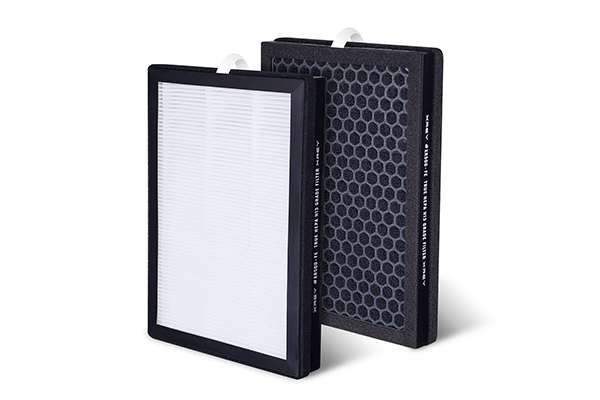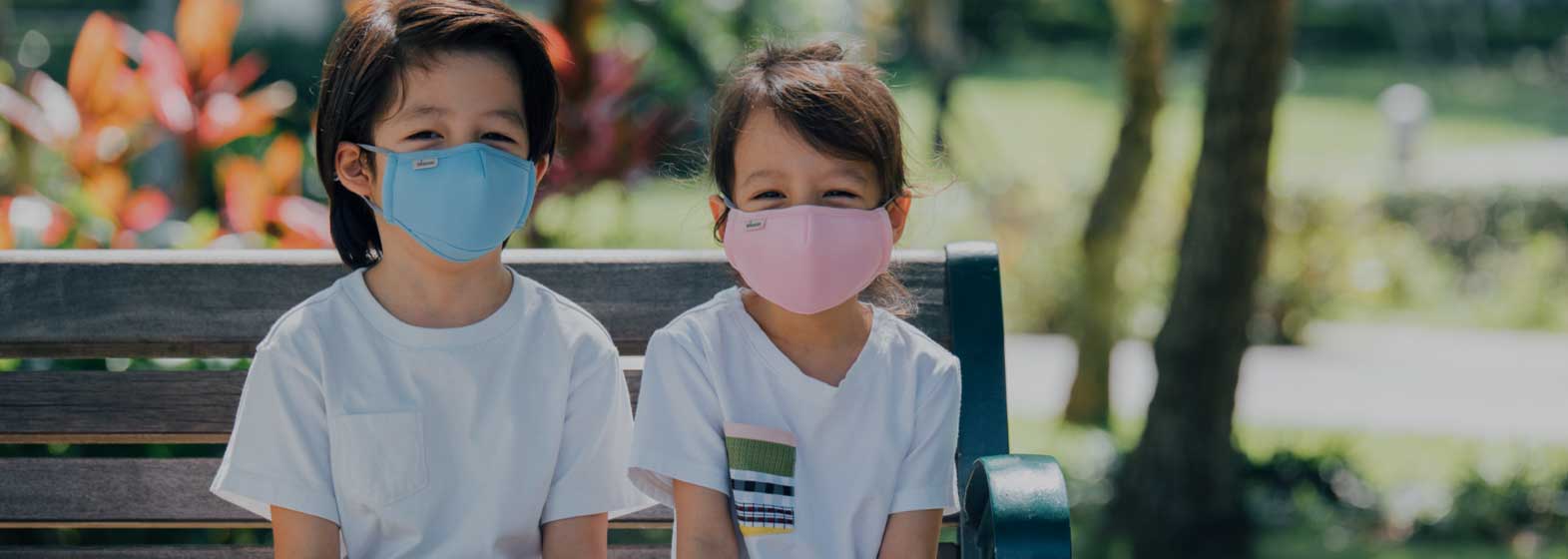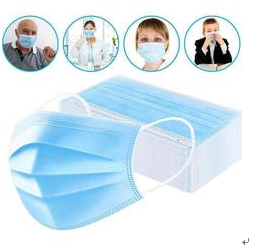
We don’t yet know how effective COVID vaccines are for people with immune deficiencies.
- 2021-03-29
- 2600
What are immunodeficiencies?
Immunodeficiencies are conditions that weaken the body’s ability to fight infection. People’s immune system may be compromised for many reasons, and this can be transient or lifelong.
Primary immunodeficiencies occur when some or all of a person’s immune system is missing, defective or ineffective. These are rare and often genetic diseases that may be diagnosed early in life, but can occur at any age.
Examples of primary immunodeficiencies include severe combined immunodeficiency (SCID) and common variable immunodeficiency (CVID).
Secondary immunodeficiencies are acquired, and more common. They may occur as a result of other diseases (for example, via HIV infection), treatments and medications (such as chemotherapy or corticosteroids), or environmental exposure to toxins (for example, prolonged exposure to heavy metals or pesticides).
Sometimes the immune system in people with immunodeficiencies can react in exaggerated ways too, and cause autoimmune disease (such as rheumatoid arthritis or gut inflammation). So it sometimes makes more sense to describe the immune system as “dysregulated”, rather than “deficient”.
Immunodeficiencies, COVID-19 and vaccines
People with secondary immunodeficiencies are generally at higher risk of becoming infected with SARS-CoV-2 and of developing severe disease. Surprisingly, although people with primary immunodeficiency may be at greater risk of getting infections, including COVID, most are no more susceptible to developing severe COVID compared with the overall population.
This may be because the most severe COVID-19 symptoms are usually not due to gaps in immunity, but to an overactive immune response to SARS-CoV-2.
In fact, immune-suppressing steroids may be an effective treatment for severe COVID. Clinical trials looking into this are underway.
However, as vaccines work by mobilising our immune systems, for people who have a weaker immune system to begin with, vaccines may not be as effective. They may generate an incomplete or short-lived response, so people with immunodeficiencies may need additional boosters to maintain protective immunity.
Efficacy and safety
It’s difficult to assess COVID vaccine efficacy in people with immunodeficiencies, because people with primary immunodeficiencies or cancer weren’t included in clinical trials.
A very small number of people with HIV have been included in trials of a few of the vaccines, but limited data is publicly available. So it’s too early to draw any firm conclusions on whether the vaccines will be as effective in people with HIV as for the general population.
We also don’t yet know how long immunity to COVID-19 or COVID vaccines lasts. This will be particularly important for immunodeficient people. Research is underway to determine whether they’ll need booster jabs more frequently to maintain immunity.
-
 2022-04-26Are air purifiers environmentally friendly ?
2022-04-26Are air purifiers environmentally friendly ? -
 2022-04-26The importance of wearing a mask correctly
2022-04-26The importance of wearing a mask correctly -
 2022-04-27Connexions Air H13 True HEPA Filters
2022-04-27Connexions Air H13 True HEPA Filters -
 2022-04-29What is the use of anion function of air purifier?
2022-04-29What is the use of anion function of air purifier? -
 2022-05-08Standardize the wearing of masks, children should not be missed!
2022-05-08Standardize the wearing of masks, children should not be missed! -
 2022-05-16Hazy days, air purifiers are useful?
2022-05-16Hazy days, air purifiers are useful? -
 2022-05-16Attention everyone! Don't buy fake FFP2 masks! How do we identify?
2022-05-16Attention everyone! Don't buy fake FFP2 masks! How do we identify? -
 2022-05-17Pay attention to secondary pollution when using air purifiers
2022-05-17Pay attention to secondary pollution when using air purifiers -
 2022-05-17TOP5 pollutants that the purifier can purify
2022-05-17TOP5 pollutants that the purifier can purify
-
 2020-06-02Why do Face Masks Matter With This Coronavirus
2020-06-02Why do Face Masks Matter With This Coronavirus -
 2020-06-02How to Wear Mask
2020-06-02How to Wear Mask -
 2020-06-02Three Principles of Choice of Masks
2020-06-02Three Principles of Choice of Masks -
 2020-06-022020 Situation of Mask Market
2020-06-022020 Situation of Mask Market -
 2020-06-17What other preventative measures can you take to protect yourself from airborne substances?
2020-06-17What other preventative measures can you take to protect yourself from airborne substances? -
 2020-06-08The Advantage of Disposable Face Masks
2020-06-08The Advantage of Disposable Face Masks -
 2020-06-093 Ply Disposable Face Mask & Soft & Comfortable Ear Loop
2020-06-093 Ply Disposable Face Mask & Soft & Comfortable Ear Loop -
 2020-06-17What are the regulations for surgical face masks?
2020-06-17What are the regulations for surgical face masks? -
 2020-06-09Do I need to wear a face mask if I am quarantined?
2020-06-09Do I need to wear a face mask if I am quarantined?
CONTACT US


Connexions Technology (Dongguan) Ltd.
We are always providing our customers with reliable products and considerate services.
If you would like to keep touch with us directly, please go to contact us
